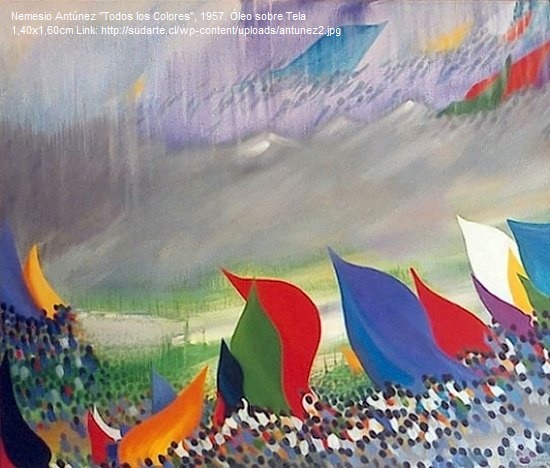Movimientos sociales y pedagogías de la resistencia. Reflexiones antropológico pedagógicas
DOI:
https://doi.org/10.13130/2035-7680/7055Parole chiave:
Social movements, pedagogy of resistance, popular education, artistic practices, street educatorAbstract
This paper seeks to explore the socio-anthropological changes occurring in the social movements and their meanings in terms of a possible theory from the field of education, not a detailed review of the multiple changes that have been happening in recent decades and whether purposeful tone, an attempt to rescue and connect these changes from the perspective of the processes of formation of subjectivities in contemporary times.We present to feed this reflection, the example of a movement of popular artists (Company PŽ na terra) in the city of Salvador de Bahia-Brazil reassessing his artistic and community-based action from its educational foundation, the generation of creative autonomy, Besides the role of resistance to defend the Popular Education and scenarios beyond school. The example just illustrates a study that could be much more comprehensive, it is a reality that coincides with similar initiatives in several countries of our Latin America and shows that pedagogical reflection is in arrears to understand and theorize about these educational social practices.
Downloads
I dati di download non sono ancora disponibili.
Dowloads
Pubblicato
2016-04-28
Come citare
Castaño Gaviria, Ricardo. 2016. «Movimientos Sociales Y pedagogías De La Resistencia. Reflexiones antropológico pedagógicas». Altre Modernità, aprile, 114-29. https://doi.org/10.13130/2035-7680/7055.
Fascicolo
Sezione
Saggi Ensayos Essais Essays




